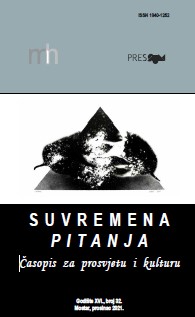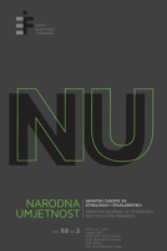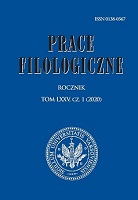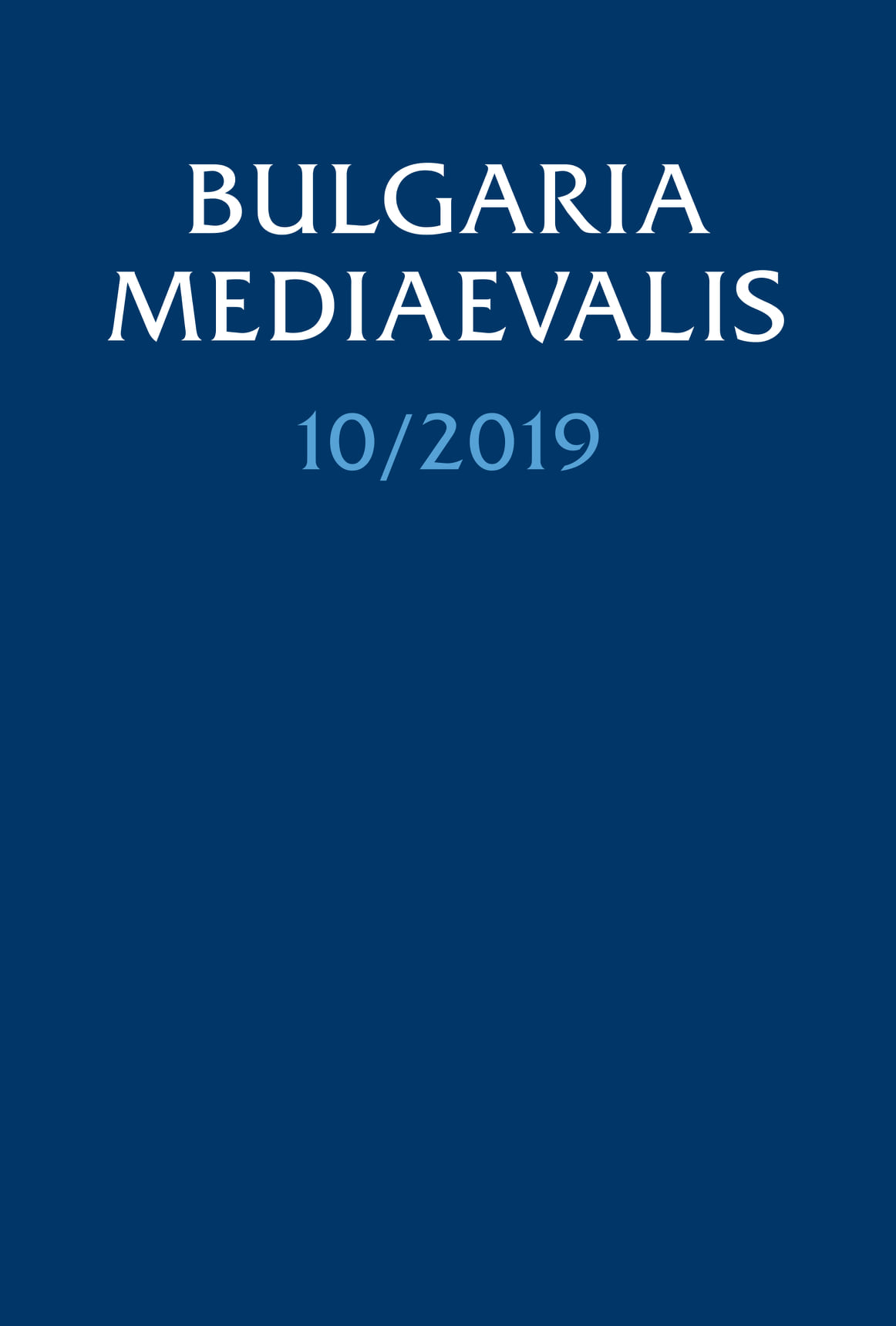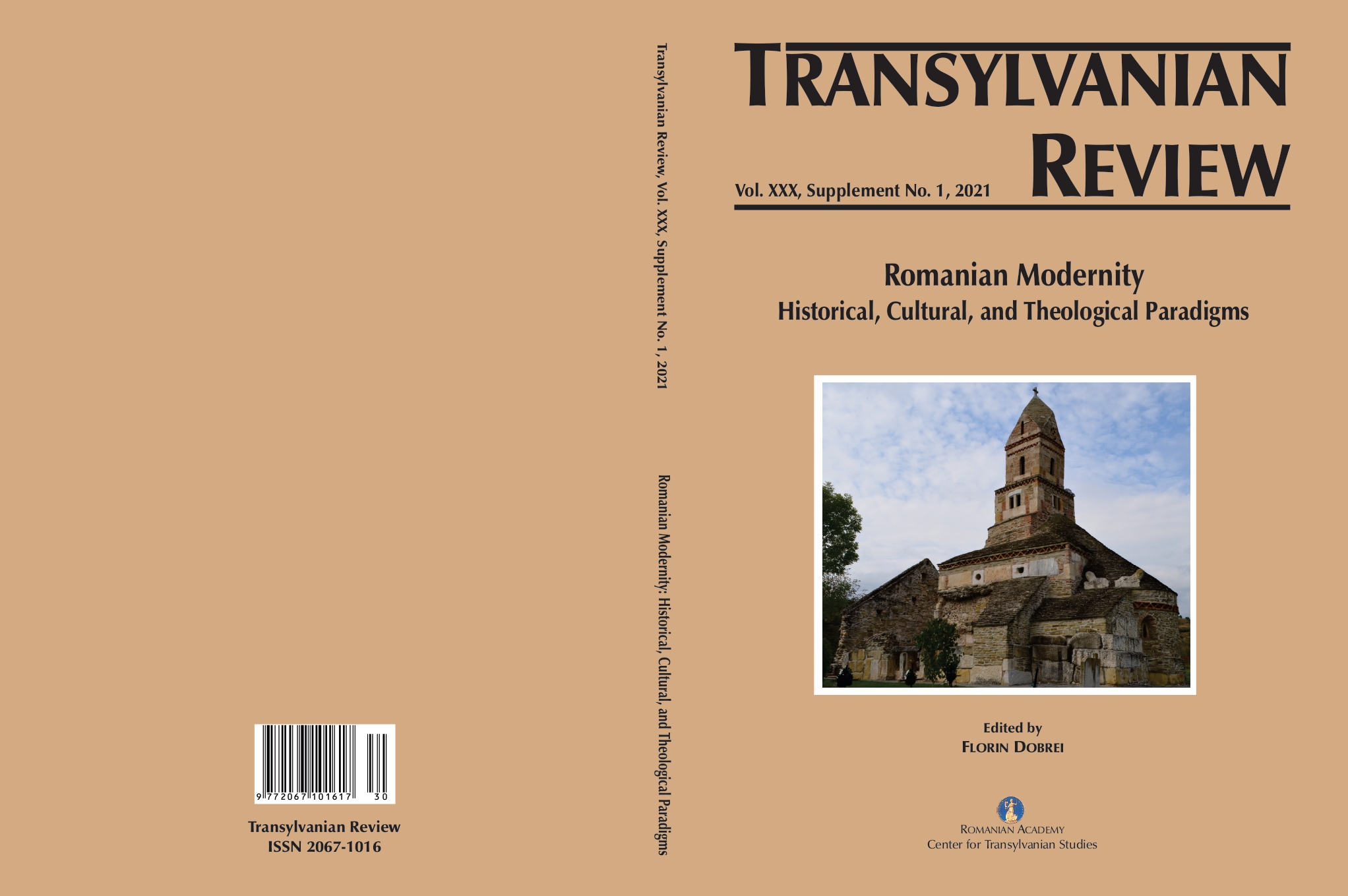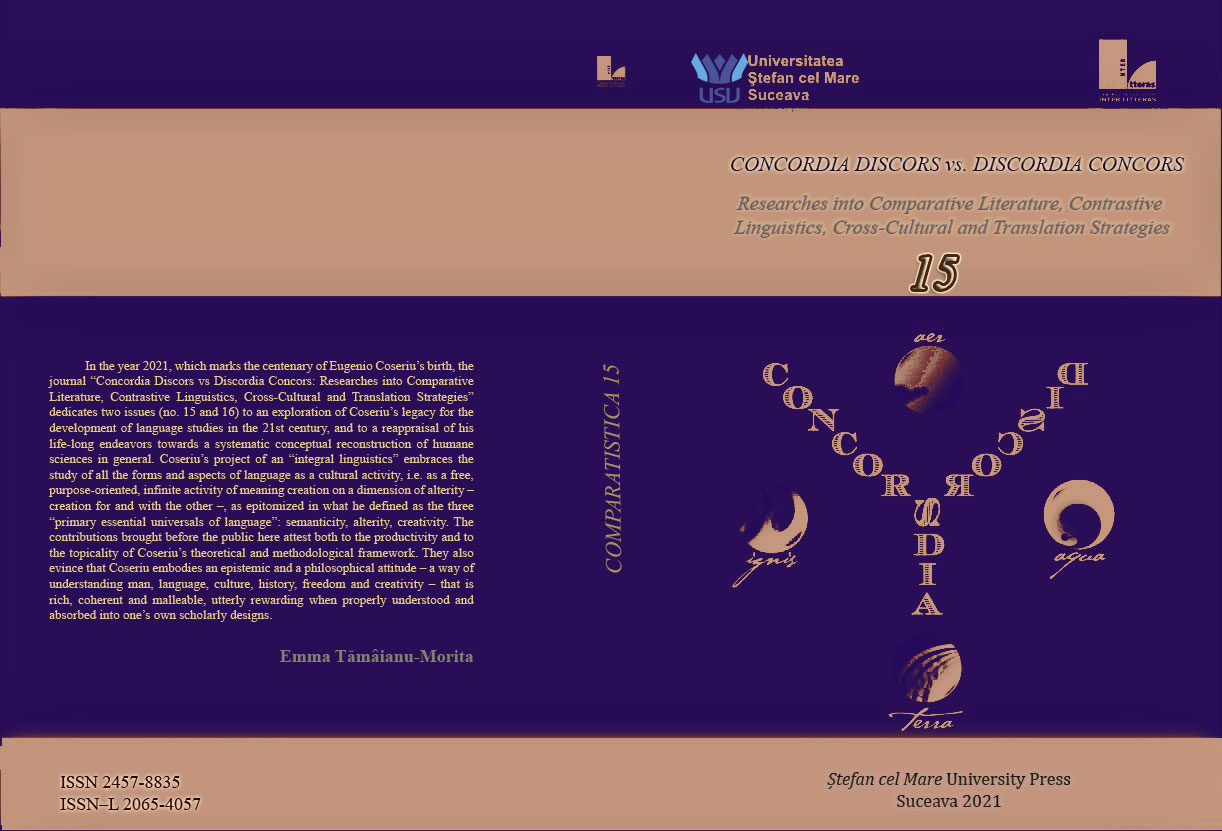Author(s): Sorin Șipoș / Language(s): English
Issue: Suppl. 1/2021
The accounts of the foreign travelers of the 18th century and the first decade of the following century are full of observations regarding the language spoken by the inhabitants of the Romanian lands. For the period of time analyzed, namely the one between the years 1710 and 1810, we identified the accounts of 171 travelers who crossed the Romanian space. Only 27 of them refer to the origin of and the language spoken by Romanians. Of the travelers who talk about the Romanity of the Romanians, 12 have liberal professions, 8 are diplomats, 6 are officers, and one is a merchant. All the visitors consider the Romanian language to be a successor of Latin, based on the similarities between the two. The Latinity of the Romanian language is, for this era, a fact accepted by all the travelers who write about the origin of the Romanians. The travelers who write about the Romanian space use various documentary sources, especially historical, geographical, and philological ones. To these older sources, we can add numerous works published in the 18th century, especially on history and geography, featuring information on the origin and language of the Romanian people. Other travelers, less educated, gather their information directly from the Romanians, remarking with surprise that this country speaks a language that many of them, especially the Italians, can understand. Therefore, most of the voyagers come to the conclusion that the Romanian language is the successor of Latin. The scholars, those who have liberal professions, are closer to the truth, managing to understand the formation of the Romanian language, with its three main components: the Dacian substrate, the Latin stratum, and the Slavic adstrate. Among the voyagers who wrote about the origin of the Romanians, 22 clearly determined that Romanian emerged from Latin, while 21 also spoke about the origin of the Romanians, which they correctly retraced, considering them the successors of the Roman colonists settled in Dacia. For all the travelers who arrived in the Romanian Principalities, the language spoken by Romanians represents the decisive element in determining their origin. Historical data, such as archaeological sources or ancient and medieval chronicles, which talk about the Roman origin of the Romanians, are of secondary importance when it comes to identifying the Romanians as the successors of the Romans. Most of the travelers managed to correctly piece together the ethnogenesis and glotogenesis, as well as the presence of numerous Slavic and Turkish words in Wallachia and Moldavia, and of Hungarian and German ones in Transylvania. We also have five foreign travelers who managed to distinguish between the name Romanian, used by the people themselves, and that of Wallachian, only used by foreigners when referring to them. This aspect is, in their opinion, an argument in favor of their Romanity.
More...

